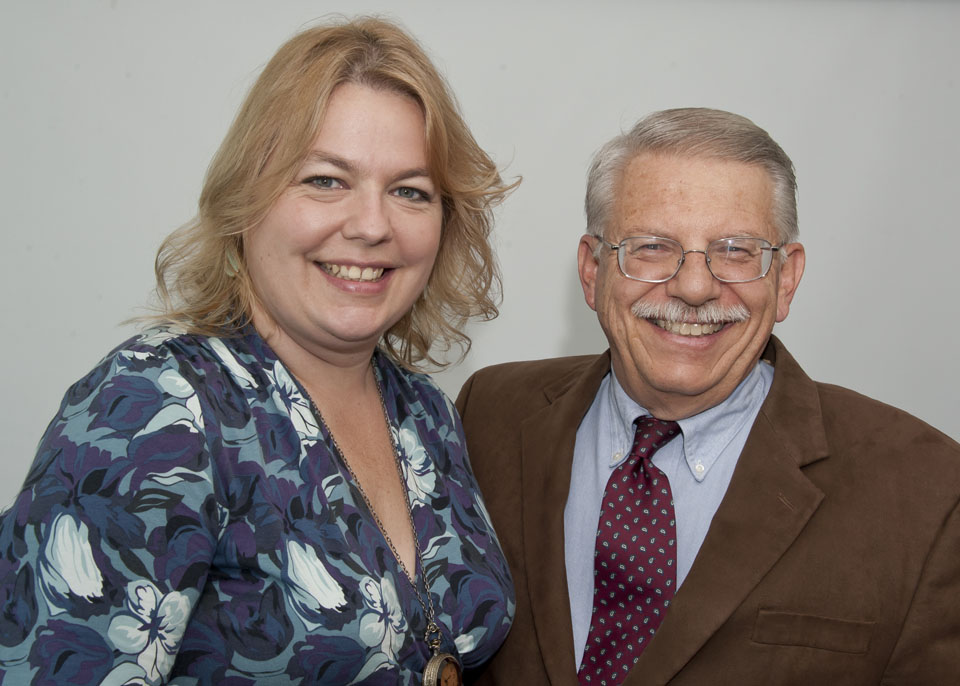CSUN Speech Language Pathology Program Wins National Recognition
California State University, Northridge’s Tseng College of Continuing Education doesn’t create many non-credit programs, but those it does are award-winning and highly impactful.
An online program offered by the college to bachelor’s degree students across the state seeking a speech language pathology assistant (SLPA) license was nominated for an outstanding achievement award by the University Professional and Continuing Education Association (UPCEA) at its 100th anniversary conference in Washington, D.C.
Assistants entering the field help speech language pathologists to screen patients — who may have speech impediments or other speech-related issues — and work with the patients on speech exercises, according to collegeboard.org.
CSUN program director Jennifer Kalfsbeek said the award was a great honor because the association received numerous applications at its 100th anniversary conference.
“This is a year when they received a ton more applications than usual,” she said. “What was interesting about the award was they put [out] a call for excellent programs in extended learning. We don’t do many non-credit programs.”
The program at CSUN is the first in California for students who wish to complete the required hours of hands-on experience, called a practicum, without having to earn a master’s degree. The program has more than 300 graduates to date and receives more than 100 applications for just 35 spots each semester.
A major benefit of the program is that it allows bachelor’s degree holders to fulfill their practicum without having to battle for a spot at a community college — all of which are currently impacted and require their students to complete an associate’s degree in science first, Kalfsbeek explained.
Steven Sinclair, chair of the Department of Communications Disorders and Sciences, explained that many students with bachelor’s degrees in speech language pathology were earning half the pay in assistant positions compared to their community college practicum-completed counterparts.
“It’s huge because [students] can get the license without having to go through a minimum three-year master’s program to get the practicum,” Kalfsbeek explained. “No one figured out how to create this opportunity for people with bachelor’s degrees. It was just one of those serendipitous things that we should have done sooner. This is what education is about — meeting students’ needs. And we met a major need with this program.”


 experience
experience